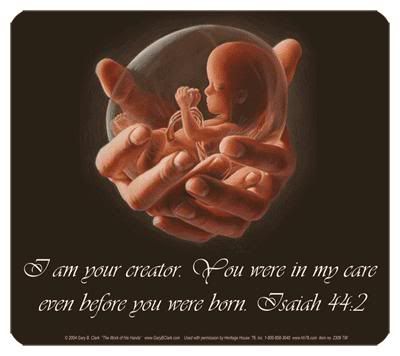 Last Monday, a federal judge made a decision that the Alliance for Defending Freedom proclaimed was “a groundbreaking development in litigation over what it called the health care law’s contraception mandate.”
Last Monday, a federal judge made a decision that the Alliance for Defending Freedom proclaimed was “a groundbreaking development in litigation over what it called the health care law’s contraception mandate.”
The following report appeared in “The New York Times” . . .
Judge Allows Moral, Not Just Religious, Contraception Exemptions
By ADAM LIPTAK AUG. 31, 2015
WASHINGTON — Employers do not need to provide insurance coverage for contraception even if their objections are moral rather than religious, a federal judge here ruled on Monday.
The case concerned a group called March for Life, which was formed after the Supreme Court recognized a constitutional right to abortion in 1973 in Roe v. Wade. The group, Monday’s decision said, “is a nonprofit, nonreligious pro-life organization.”
It opposes methods of contraception that it says can amount to abortion, including hormonal products, intrauterine devices and emergency contraceptives. Many scientists disagree that those methods of contraception are equivalent to abortion.
President Obama’s health care law and related regulations require most employers to provide free contraception coverage to their female workers. But there are exceptions and accommodations for religious groups and their affiliates.
Various models of IUDs, circa 1960 to 1994. Inserted into the uterus, they provide long-lasting and effective birth control, but they are not without controversy.
March for Life sued the Department of Health and Human Services and other agencies, arguing that the government had violated equal protection principles by treating it differently from “similarly situated employers.” The government responded that it had a rational basis for the differing treatment, as the group “is not religious and is not a church.”
Judge Richard J. Leon of the United States District Court for the District of Columbia rejected the government’s position. “This not only oversimplifies the issue — it misses the point entirely,” Judge Leon wrote.
“The characteristic that warrants protection — an employment relationship based in part on a shared objection to abortifacients — is altogether separate from theism. Stated differently, what H.H.S. claims to be protecting is religious beliefs, when it actually is protecting a moral philosophy about the sanctity of life.”
“H.H.S. may be correct that this objection is common among religiously affiliated employers,” he added. “Where H.H.S. has erred, however, is in assuming that this trait is unique to such organizations. It is not.”
Giving religious groups special treatment, Judge Leon wrote, amounts to “regulatory favoritism.” Moral philosophy, he said, should be accorded the same treatment as religious belief.
The government is likely to appeal the decision to the United States Court of Appeals for the District of Columbia Circuit.
Alliance Defending Freedom, a nonprofit law firm that represented March for Life, called the decision a groundbreaking development in litigation over what it called the health care law’s contraception mandate. “The order is the first one to be granted in favor of an organization opposed to the mandate for pro-life reasons based on moral convictions instead of religion,” the firm said in a statement.
The case also concerned two employees of March for Life who, unlike their employer, did raise religious objections to having insurance that included coverage for some kinds of contraceptives. They argued that the government had violated the Religious Freedom Restoration Act of 1993, which requires skeptical review of laws and regulations that burden the exercise of religion.
Judge Leon agreed. The health care law, he said, had put the workers “between the proverbial rock and a hard place.”
“They can either buy into and participate in a health insurance plan that includes the coverage they find objectionable and thereby violate their religious beliefs,” Judge Leon wrote, “or they can forgo health insurance altogether,” subjecting themselves to penalties under the health care law.
* * * * *
Despite the likelihood of appeal, this is good news for us who believe human life begins at conception (what other life could it be?) and every human life is sacred!
Then God said, “Let us make man in our image,
after our likeness” (Genesis 1:26a).

*Check out “Faith Life” news here!
Recent Comments